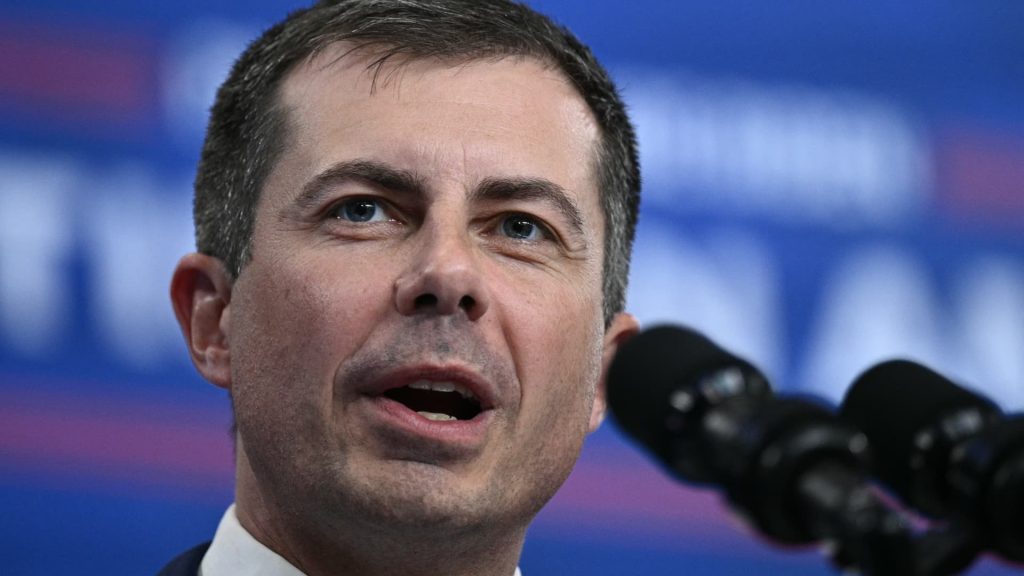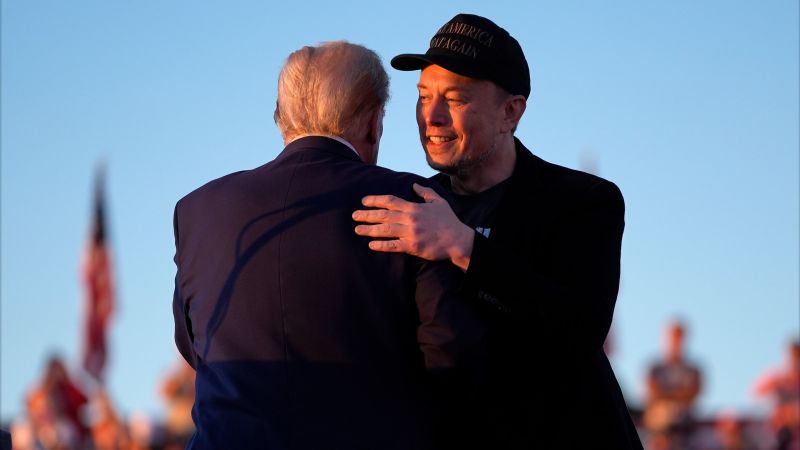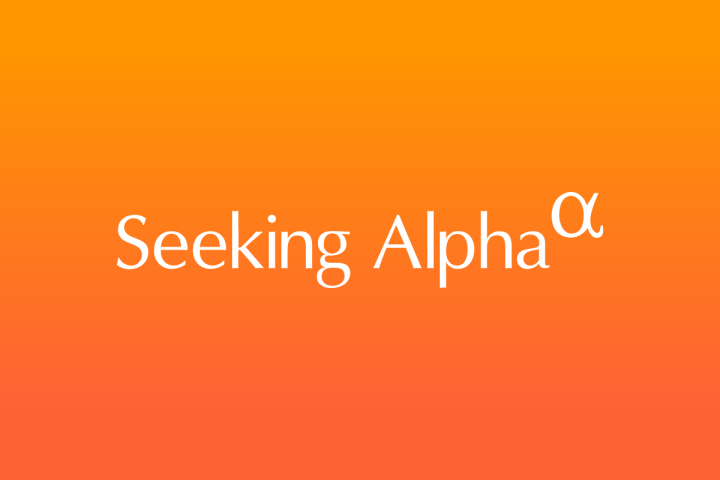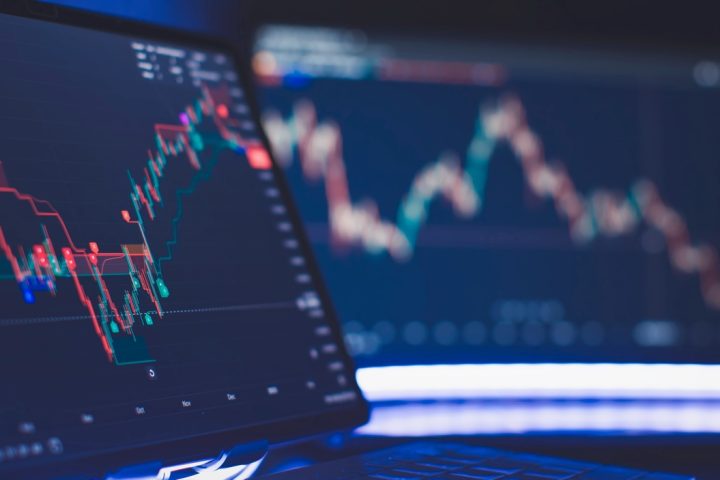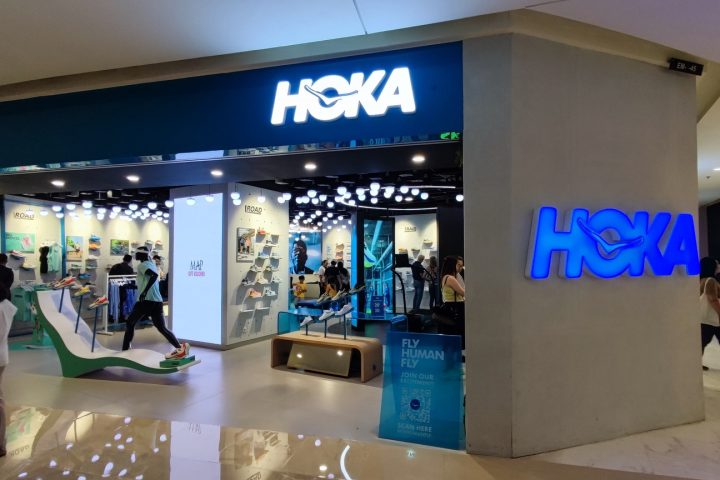When Jyoti Bansal made “the hardest decision” of his career — selling his software startup AppDynamics for billions — he did it with his employees in mind.
In 2017, AppDynamics was days away from going public when communications tech giant Cisco swooped in and offered to buy the business for $3.7 billion. As the startup’s founder and chairman, Bansal would’ve become wealthy either way — but only one of his two options guaranteed the same for many of his staffers, he says.
Upon Bansal’s acceptance of the offer, roughly 400 AppDynamics employees saw their shares of the company rise in value to at least $1 million, a spokesperson for Bansal says. “We had dozens of employees with $5 million-plus outcomes. These are life-changing outcomes,” Bansal tells CNBC Make It.
The decision to sell ultimately came down to a handful of factors, like the fit of AppDynamic’s software products within Cisco and how a sale would affect the startup’s nearly 1,200 employees, both culturally and financially, Bansal says.
He also compared his own post-IPO projections to Cisco’s valuation of the startup, to weigh which option was smarter monetarily. Reaching a $3.7 billion market capitalization would’ve taken “three [to] four years of great execution,” he estimates, adding: “That means three [to] four years of risk that we … reduced for all of the employees there. [That’s] a significant impact.”
After the sale, Bansal actually regretted his choice, he told Make It on Monday: He believed that he could’ve kept growing AppDynamics, and felt aimless without a startup to run. Today, he’s the CEO and co-founder of two other software startups, Traceable and Harness, the latter of which was most recently valued at $3.7 billion in 2022.
Still, selling was the right decision based on the information he had at the time, he says. The deal was financially significant for him too, he adds: Bansal owned more than 14% of the company, according to an SEC filing.
“As the founder, it was much more than life-changing money for me, personally,” Bansal says. “I would be in a good place. So that was a factor for me, but not the biggest factor. The biggest for me was our employees.”
Startup founders don’t always take their employees into serious consideration when debating whether or not to sell their companies, so it’s notable when they do. When cloud cybersecurity firm Zscaler got acquired by VeriSign for $70 million in 1998, the startup’s founder and CEO Jay Chaudhry didn’t realize just how impactful the sale was for his employees until he left a company-wide party celebrating the windfall, he told Make It in July.
At least 70 of the company’s 80 employees became millionaires on paper when VeriSign’s stock soared two years later, Chaudhry said.
“People were going crazy in the company, because they had never thought of so much money,” said Chaudhry. “A lot of them were buying new houses. They were buying new cars. I know one guy, he took six months off, rented a [mobile home] and went around the country. They could do what they wanted to do.”
Want to be a successful, confident communicator? Take CNBC’s online course Become an Effective Communicator: Master Public Speaking. We’ll teach you how to speak clearly and confidently, calm your nerves, what to say and not say, and body language techniques to make a great first impression. Get started today.
Plus, sign up for CNBC Make It’s newsletter to get tips and tricks for success at work, with money and in life.
Read the full article here

